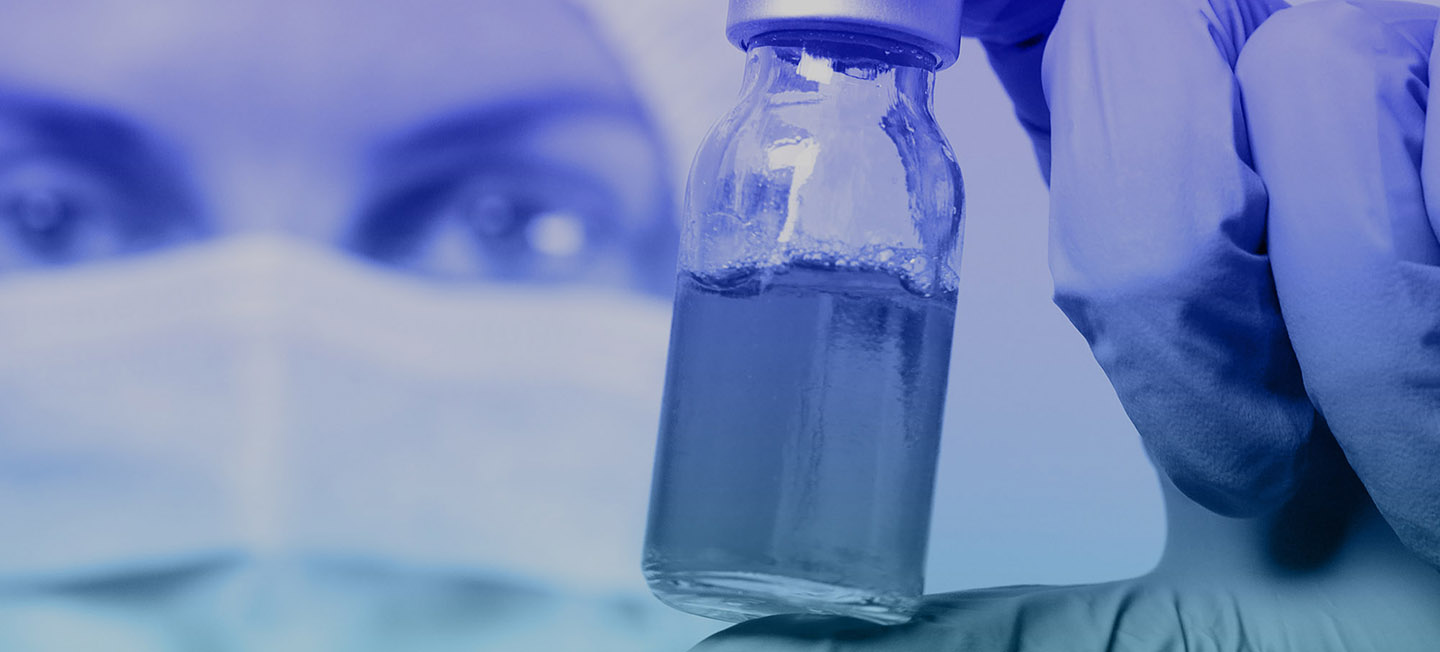Story by Andrew Thurston
Just after Christmas, a Wisconsin pharmacist attempted to destroy 570 doses of a COVID-19 vaccine, yanking precious vials from a storage refrigerator. According to multiple reports, he’d become convinced it could alter human DNA. It can’t. Nor, as other false rumors have claimed, will it allow the government to track you or fill your body with fetal tissue—but that hasn’t stopped vaccine misinformation from spreading online, spooking people concerned about potential side effects.
“Misinformation is more impactful than the correction” says Michelle A. Amazeen, an associate professor of mass communication.
For the past year, Amazeen and Arunima Krishna, an assistant professor of public relations, have explored the spread of vaccine misinformation and the efficacy of different efforts to halt it. Although their study started before COVID-19 tore across the United States—and their research has focused on vaccines in general—Amazeen says the coronavirus pandemic has “magnified how important the work is that we’re doing.”
Read the rest of this story on BU Today.
